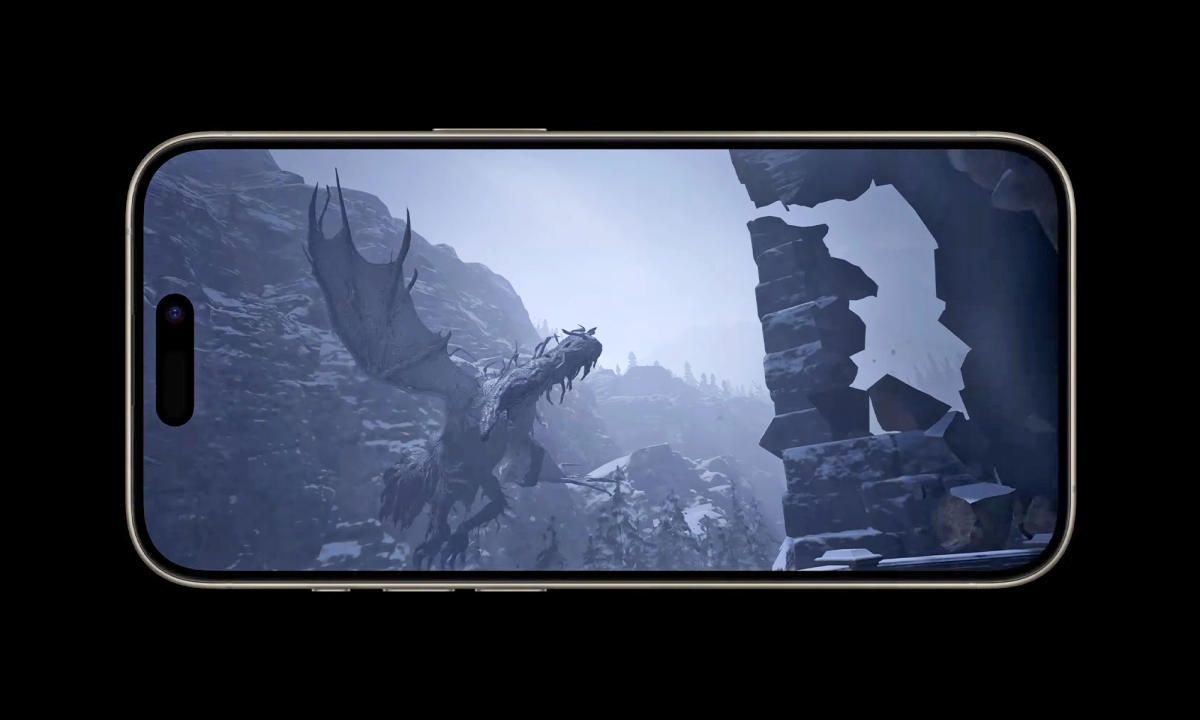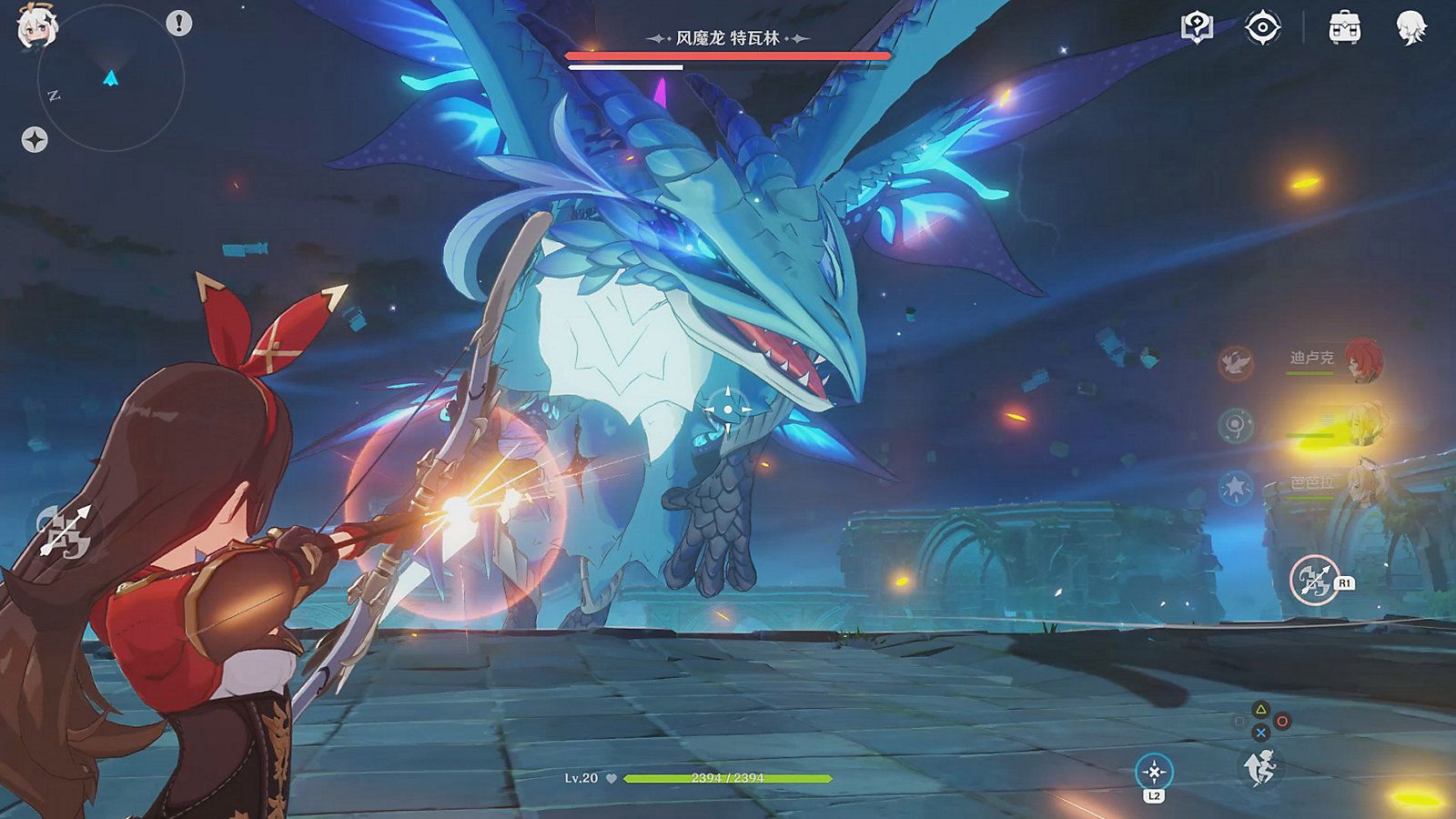Key Takeaways
- Some premium mobile games now cost as much as console games due to similar development costs.
- Mobile gaming devaluation leads to microtransactions in games that annoy players.
- Gamers are partly responsible for the state of mobile games and should align their expectations with pricing.
People like to laugh at (or complain) about the quality of mobile video games. However, it’s gamers like you and I that are partly responsible for the state of mobile games, and those problems can be resolved by aligning your expectations with a looser grip on your wallet.
Premium Games on Mobile Now Cost Almost the Same as on Consoles
You can now play games like Resident Evil 8 Village or Assassin’s Creed Mirage on phones and tablets. These aren’t watered down versions of the console and PC versions of these games. No, this is the full experience on a smaller screen. However, unlike typical mobile games, these titles command price tags not far off what they cost on “big” platforms like consoles or PC.
This makes perfect sense, since these games were no cheaper to develop or port for mobile platforms than for any other “serious” gaming platform. So their price tag should be similar to what’s being charged on those platforms.
However, charging $50 and up for video games on these devices seems to rub many folks the wrong way, even when the target platform can go toe-to-toe with an Xbox One or even an Xbox Series S.
Mobile Gaming Has a Devaluation Problem
Almost from the start, it seems that people have developed a very different sense of value when it comes to games on mobile platforms, even when that game is literally identical to what you get on a console or PC, mobile players want to pay less. In this world, $10 is a lot for a mobile game, even if that same game would cost five times as much elsewhere.
Since mobile players don’t have much appetite for higher prices upfront, this has influenced the design of popular mobile games. Free-to-play games dominate the mobile gaming market, and end up extracting far more money from players than the price of a premium game.
Some games, such as Genshin Impact have managed to strike a good balance between game content and milking you for money, but by and large, typical mobile games are designed to annoy you into spending money on microtransactions.
This in turn means that people who enjoy games on other platforms have disdain for mobile games, when there was never a reason to have these nickle-and-diming titles in the first place.
We Can’t Complain About Game Quality if We Don’t Want to Pay for It
The thing is, none of us have the right to rip on mobile games when we’re the reason they are in their current state. If developers of premium games could get the money that justifies the effort and cost of developing modern premium games, then we’d have plenty to choose from.
Some mobile developers have been stalwart in charging fair prices for mobile versions of their games. Publishers like Capcom and Square Enix don’t really have significant price differences on mobile compared to other platforms.
I don’t know how well this works for them, but clearly enough people are buying these games on their phones and tablets to make it worth it for these ports to exist. We also have Apple to thank for some mobile first premium games such as Fantasian, which was exclusive to Apple Arcade and is only now getting a port to consoles, in a reverse of how things usually work.
I like playing video games on my phone and tablet, and I especially like impressive premium games that make the most of the hardware I’ve paid for. So I truly wish there were more expensive, premium games on mobile, and not just relatively few.
The Mobile Market Is the Future of Gaming
While I love PC and console gaming, the truth is that the biggest gaming market in the world is on mobile. Companies like Apple make more money from games than the “core” gaming platform holders like PlayStation, Xbox, and Nintendo.
If mobile gamers are spending that much money on video games, they might as well be spending it on good video games that aren’t riddled with microtransctions, and offer quality entertainment for a once-off premium price.







